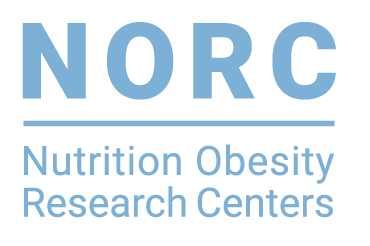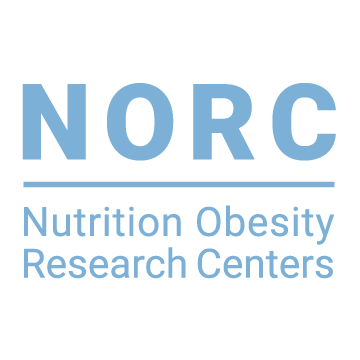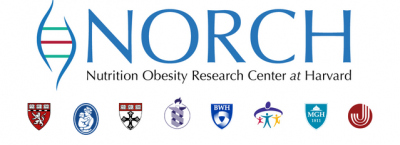Summary:
Intestinal microbes use various dietary components to produce energy and metabolites. Many of these metabolites are absorbed into the host bloodstream where they may have harmful or beneficial effects on host metabolism. To explore the effect of diet, genetics, and gut microbiome on plasma metabolites and insulin resistance, Fujisaka and colleagues exposed three different genetic strains of mice with varying propensities to obesity and diabetes to high fat diet (HFD) with or without concomitant antibiotic treatment (vancomycin or metronidazole). HFD and antibiotic treatment substantially modified intestinal microbiome composition, and these effects varied by genetic strain. Changes in the gut microbiota altered plasma metabolites, many of which were associated with insulin resistance. These data demonstrate that gut microbiota significantly affect circulating plasma metabolites, and that these effects are modified by diet, exposure to antibiotics, and host genetic background. Further work is needed to understand the full set of metabolites that affect insulin resistance and to elucidate how changes in the gut microbiome alter specific metabolites related to diabetes and obesity.
Citation:
Fujisaka S, Avila-Pacheco J, Soto M, Kostic A, Dreyfuss JM, Pan H, Ussar S, Altindis E, Li N, Bry L, Clish CB, Kahn CR. Diet, Genetics, and the Gut Microbiome Drive Dynamic Changes in Plasma Metabolites. Cell Rep. 2018 Mar 13;22(11):3072-3086. doi: 10.1016/j.celrep.2018.02.060. PMID: 29539432
Research Details:
- Research Center: Harvard Medical School
- Featured NORC Members: C. Ronald Kahn, MD, Mary K. Iacocca Professor of Medicine at Joslin Diabetes Center and Harvard Medical School, and Clary Clish, PhD, Director of the Metabolomics Platform and Institute Scientist at the Broad Institute.
- Center contributions: Dr. Kahn is a member of the NORCH and Dr. Clish is on the Advisory Board of the Metabolic Phenotyping Core


